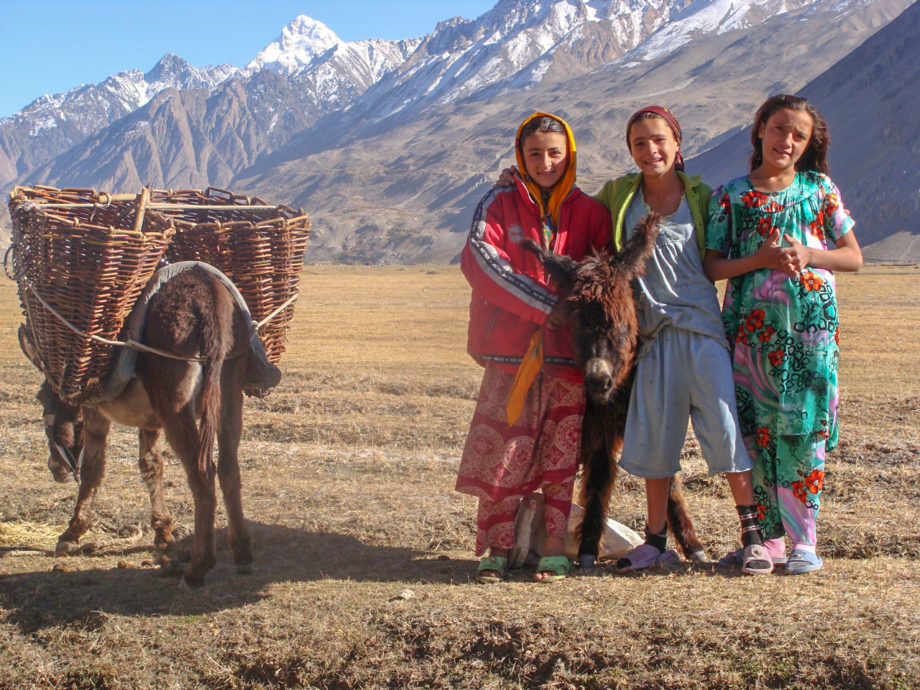During my years in Central Asia, I always dreaded being pulled over by a policeman. No matter how much I tried to demonstrate my innocence according to all the traffic rules, the officer usually showed little interest in concepts like guilt, laws, or justice.
Then one day, I saw a driver who had been pulled over yell out his family name to the policeman. The officer waved him on and even apologized for the inconvenience!
This policeman’s decision was impacted by notions of reputation and face—values that govern all honor-shame cultures.
About 80% of the world operates through honor-shame values. For others, like those of us from the West, the impact of honor and shame are blind spots in our approach to missions. Failing to understand these values can create significant stress for cross-cultural workers in Muslim contexts—and not just because of unfair traffic tickets!
To meaningfully engage Muslims with the Gospel, we must understand how the cultural values of honor and shame function, especially since they run counter to most Western cultural values.
Understanding these principles will help us learn to relate to Muslims in honor-shame cultures and better share the Gospel to them.
Here are three of the most common (unwritten) rules of honor-shame cultures.
1. Family defines everything.
In collectivistic societies, identity is defined by the group you belong to. When two people meet, one of the first items of conversation is figuring out which family, clan, or village the other person is from. Since honor is a shared commodity, what one person does brings honor (or shame) upon the entire community. Children are taught from an early age how to bring honor to the family, and people are expected to be loyal to their community, even at personal cost.
In Western cultures, family is much more of a voluntary association. At the age of 18 or so, young adults are encouraged to venture out from the home to “find themselves” or “establish their own lives.”
2. Social capital fixes anything.
In honor-shame cultures, life is a constant quest to develop and manage an intricate network of relationships—that is, social capital. The most important asset any person has is his or her reputation. If other people respect and know you, then you can accomplish just about anything. Since problems are solved via relationships, a strong social network is essential for success in life. You accrue social capital by giving gifts, helping people, and sharing meals. Then, you can “cash it in” when you need help with a problem.
In Western cultures, solving a problem through relationships is seen as corrupt and unfair. We use financial capital to buy our goods and services—for which the price is clearly listed and is the same for everyone.
3. Aggression restores honor.
When honor is life’s most important commodity, then any insult to one’s honor must be vigorously defended. Many Muslim cultures are antagonistic, which means they fight for their honor. When a woman is shamed, her male relatives appear weak for failing to protect her. The cultural response is to defend the family’s name with aggression, either against the woman herself to “cleanse the stain” or against the aggressor. Similarly, a father whose child turns to Christ will respond with public anger and threats in order to save face in the community.
On a larger scale, the rise of ISIS is in part a reaction to international shame and an attempt to restore Islam’s honor through violence. In the ISIS worldview, blood erases shame.
For Westerners, bad behavior is viewed as a crime against the state, not a personal offense. Those who respond to dishonor with violence are seen as immature bullies. This explains why the chest-thumping behavior of dictatorial presidents are repulsive to Westerners.
Click the button below for three more (unwritten) rules of honor-shame cultures.
3 More Rules of Honor-Shame Culture
Original article: FrontiersUSA.org/blog/article/3-unwritten-rules-of-honorshame-cultures
Jayson Georges served 9 years in Muslim Central Asia. He authored The 3D Gospel and blogs at www.HonorShame.com, a network site with free resources for global ministry.

